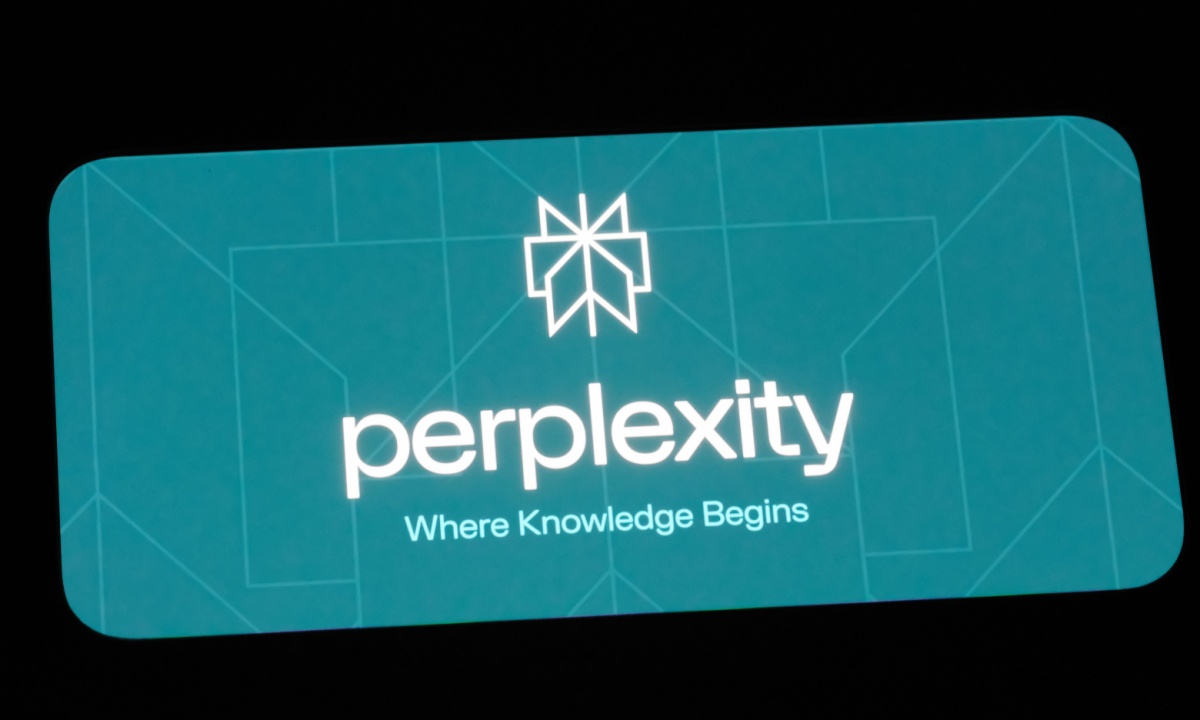A pair of Japanese media companies accused artificial intelligence search engine Perplexity of copyright infringement, the Financial Times (FT) reported Tuesday (Aug. 26).
The infringement lawsuits filed by Nikkei and the Asahi Shimbun newspaper are part of a growing list of news publishers taking AI firms to court over the use of their work, the report said.
The companies alleged that Perplexity has, without their consent, “copied and stored article content from the servers of Nikkei and Asahi” and ignored a “technical measure” created to keep this from happening, according to the report.
The companies also claimed Perplexity’s answers have provided inaccurate information attributed to the newspapers’ articles, which “severely damages the credibility of newspaper companies,” the report said. The publishers are seeking damages of 2.2 billion yen (about $15 million) and ask that Perplexity delete the stored articles.
“Perplexity’s actions amount to large-scale, ongoing ‘free riding’ on article content that journalists from both companies have spent immense time and effort to research and write, while Perplexity pays no compensation,” Nikkei, which owns the FT, said in the report.
“If left unchecked, this situation could undermine the foundation of journalism, which is committed to conveying facts accurately,” the companies added, per the report.
Perplexity did not reply to PYMNTS’ request for comment.
The Japanese lawsuits came one day after Perplexity announced Comet Plus, a subscription service designed to help fund a revenue sharing program that compensates publishers when their material is used by its Comet browser or AI assistant.
“Comet Plus transforms how publishers are compensated in the AI age,” the company said in a blog post. “As users demand a better internet in the age of AI, it’s time for a business model to ensure that publishers and journalists benefit from their contributions to a better internet.”
Last year, Perplexity faced copyright infringement-related legal challenges from News Corp, owner of the New York Post and Dow Jones. In June, the BBC threatened legal action against the company over its use of the broadcaster’s content.
As with the lawsuit in Japan, the BBC alleged that Perplexity’s responses contained incorrect information, offering inaccuracies or missing context 17% of the time.
Perplexity responded by saying the BBC’s claims were “manipulative and opportunistic.”
For all PYMNTS AI coverage, subscribe to the daily AI Newsletter.

